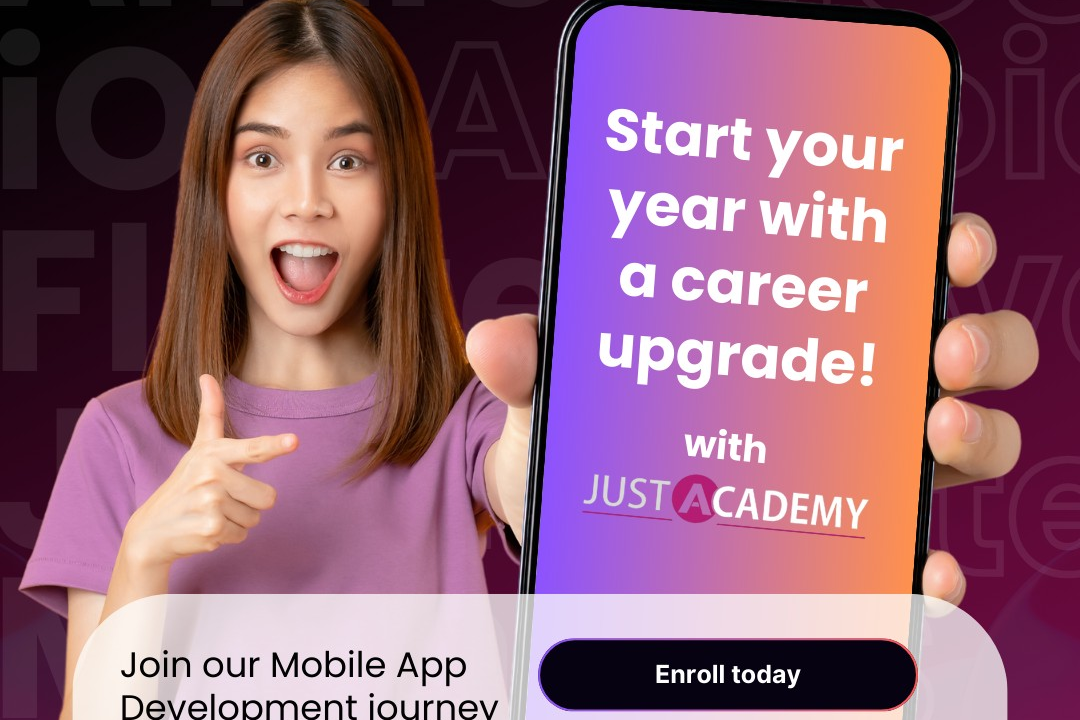Flutter App Market Research
Exploring the Flutter App Market Landscape
Flutter App Market Research
Flutter app market research involves analyzing the potential and current landscape of mobile applications built using the Flutter framework, which is developed by Google. This research typically incorporates identifying target audiences, understanding competitors, and assessing market trends and user preferences. It examines the advantages of using Flutter, such as its ability to create cross-platform applications from a single codebase, which can significantly reduce development time and costs. Additionally, it involves exploring user demographics, popular app categories, and monetization strategies to ensure that apps not only meet user needs but also compete effectively in the market. The insights gained from this research help developers and businesses make informed decisions regarding app design, features, marketing strategies, and overall project feasibility.
To Download Our Brochure: https://www.justacademy.co/download-brochure-for-free
Message us for more information: +91 9987184296
1 - Understanding Flutter:
Understand what Flutter is – a UI toolkit for building natively compiled applications for mobile, web, and desktop from a single codebase. It's crucial for students to grasp the framework's capabilities.
2) Growth of Mobile Applications:
Analyze the growth trends in mobile application usage. More users are opting for mobile solutions, indicating a strong demand for educational programs in this area.
3) Market Demand for Flutter:
Investigate the current demand for Flutter developers in the job market. Highlight statistics about job postings that indicate the rising popularity of Flutter among companies.
4) User Demographics:
Define the target audience for Flutter apps. Understanding demographics helps students tailor their projects for specific user groups, enhancing their skills.
5) Competitor Analysis:
Identify other frameworks like React Native and Xamarin that compete with Flutter. Discuss what sets Flutter apart and why students should learn it for better job prospects.
6) Project Based Learning:
Emphasize the importance of project based learning in mastering Flutter. Include hands on projects in the training program to reinforce theoretical knowledge.
7) Industry Use Cases:
Research and present various successful use cases of Flutter in the industry. Examining real world applications can inspire students and provide insight into practical implementations.
8) Performance Metrics:
Analyze Flutter's performance features like rendering speed and compile times. Teaching these metrics can help students appreciate what makes Flutter efficient.
9) Community Support:
Highlight the engaging Flutter community and available resources. A strong community ensures that students can find help and guidance as they learn.
10) Integration with Modern Technologies:
Explore Flutter's integration with services like Firebase for backend development. Teaching students about these integrations will enhance their app development skills.
11) Cross Platform Development:
Focus on the importance of cross platform development. Train students how Flutter’s single codebase can save time and resources.
12) User Experience (UX) Design:
Discuss the relevance of UX design in app development. Teaching UX principles can help students create more user friendly applications.
13) Monetization Strategies:
Examine various monetization strategies for mobile apps. Preparing students with knowledge about app revenue models can make their projects more impactful.
14) Testing and Debugging:
Introduce students to effective testing and debugging techniques in Flutter development. Quality assurance is crucial for any software product.
15) Future Trends in App Development:
Research future trends in mobile app development, including AR, VR, and IoT. Prepare students for upcoming technologies that may integrate with Flutter.
16) Certification Value:
Discuss the value of obtaining Flutter certifications post training. Certifications can enhance employability and establish credibility in the job market.
17) Portfolio Development:
Guide students on how to build a strong portfolio showcasing their Flutter projects, which is essential for job interviews and freelance opportunities.
18) Networking Opportunities:
Encourage participation in Flutter meetups, hackathons, and online forums. Networking is essential for professional growth and learning.
19) Continuous Learning and Improvement:
Stress the importance of continuous learning in tech. Encourage students to keep up with Flutter updates and new features even after the training program.
This comprehensive approach to Flutter app market research will equip students with essential knowledge and skills needed to thrive in the mobile app development industry.
Browse our course links : https://www.justacademy.co/all-courses
To Join our FREE DEMO Session: Click Here
Contact Us for more info:
Best Java Course for Beginners 2024
iOS App Integration Workshops
Sales force administrator certification
Java for environmental monitoring
Cheapest Online iOS Training Institutes in Kakinada











